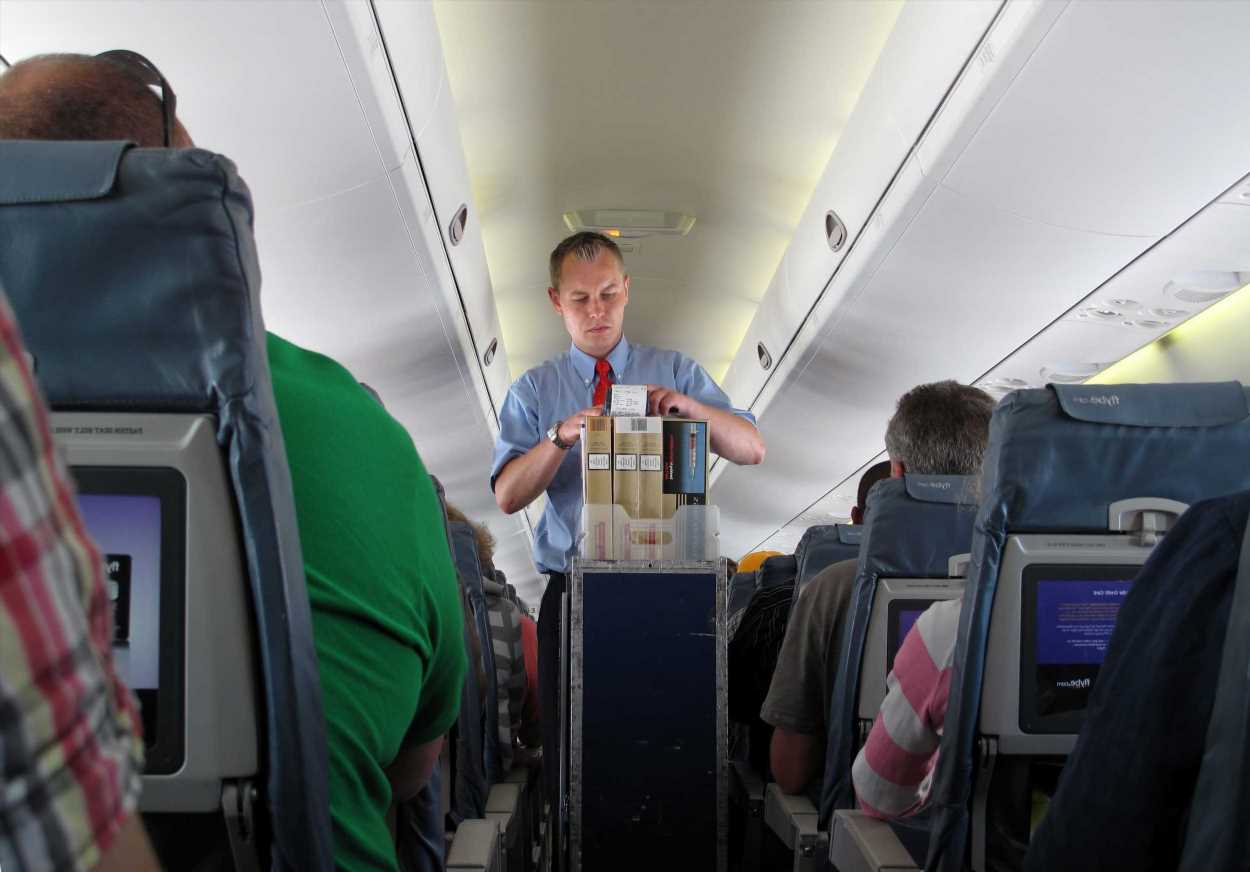Katie Price’s eldest son Harvey, 19, was born with Prader-Willi Syndrome, a rare genetic condition which affects one in 15,000 children in England.
While Katie, 43, has cared for son Harvey his entire life, the teenager is now becoming more independent and has even moved away for college, scenes which are explored in the “eye-opening” BBC documentary What Harvey Did Next.
The emotional TV show, which aired this week, shows Harvey attending his first term at National Star College and adjusting to his new surroundings.
Here, we take a look at PWS including the symptoms and management of the condition…
What is Prader-Willi Syndrome?
Prader-Willi Syndrome is a condition which impacts muscle tone, development and function of the nervous system.
According to the NHS, the rare genetic condition causes a “wide range of physical symptoms” including learning difficulties and behavioural challenges.
Experts have noted that the condition is usually noticed shortly after birth.
The condition is caused by “missing genetic material in a group of genes on chromosome number 15”, which leads to delayed growth and persistent hunger caused by the affected part of the brain (hypothalamus) producing hormones and regulating growth and appetite.
Both boys and girls of all backgrounds can be affected by the condition.
What are the symptoms of Prader-Willi Syndrome?
According to the NHS, symptoms of the condition include:
– behavioural challenges, including outbursts and aggression
– learning difficulties
– excessive appetite and overeating leading to weight gain
– restricted growth
– weak muscles
Managing Prader-Willi Syndrome
Managing the condition can be difficult, and Katie has often spoken about her struggles in raising Harvey.
Speaking about her son, who also has ADHD, autism and septo-optic dysplasia which causes blindness, Katie said: “There's lots of obstacles we go through, it's very day to day, I don't think people realise how how hard it is, you even have to shout him to get him dressed.”
The NHS advises anyone caring for someone with Prader-Willi Syndrome to help them to maintain a normal weight through a healthy balanced diet.
While they note that food intake can be “very challenging” due to excessive appetite, it is said to be important to manage overeating from the start.
Source: Read Full Article




